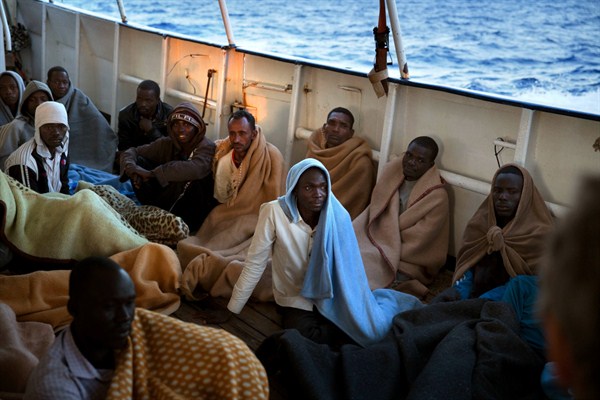Last month, a militia that had been holding Saif al-Islam Gadhafi, the son of former Libyan leader Moammar Gadhafi, announced he had been released in accordance with an amnesty law passed by a parliament based in the eastern city of Tobruk. In response, Fatou Bensouda, the prosecutor at the International Criminal Court, issued a statement calling for Gadhafi’s arrest so he could face crimes against humanity charges in The Hague. However, in a testament to the political and security factors that have dogged the court’s work in Libya for years, Gadhafi’s whereabouts are unknown, and he does not appear to be any closer to appearing before the ICC. In an email interview, Mark Kersten, a research fellow at the Munk School of Global Affairs at the University of Toronto, research director of the Wayamo Foundation in Berlin and author of the 2016 book “Justice in Conflict,” describes the ICC’s work in Libya and explains why Bensouda’s office might open an investigation into alleged crimes committed against migrants there.
WPR: How has the ICC tried to get involved in Libya, and how has its pursuit of Libyan suspects been thwarted by the political and security situation?
Mark Kersten: The ICC intervened in Libya as a result of a referral from the United Nations Security Council in February 2011 as part of Resolution 1970. It marked the second time the council referred a situation to the court, with the first concerning the situation in Darfur, Sudan, in 2005.

